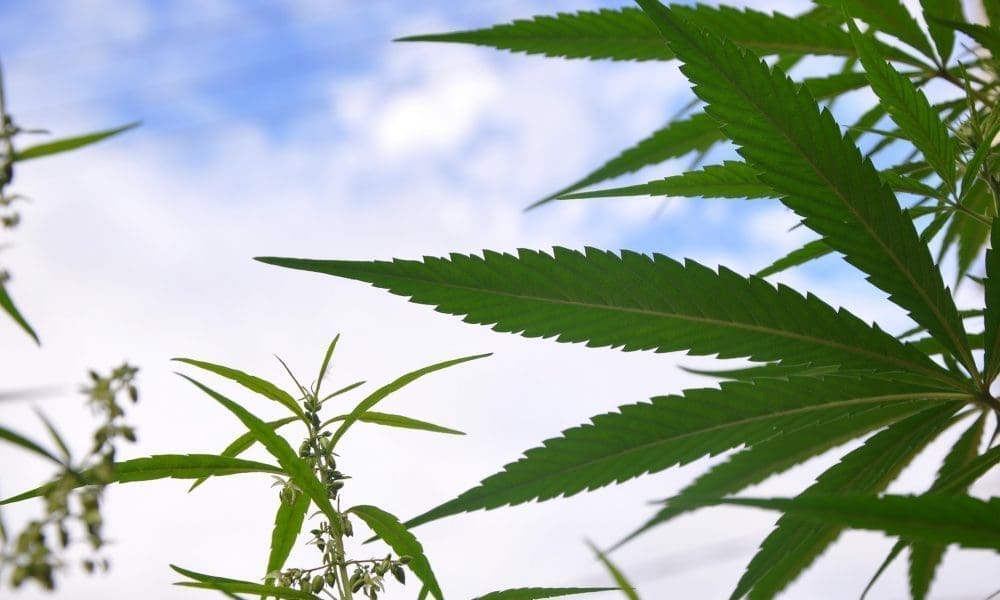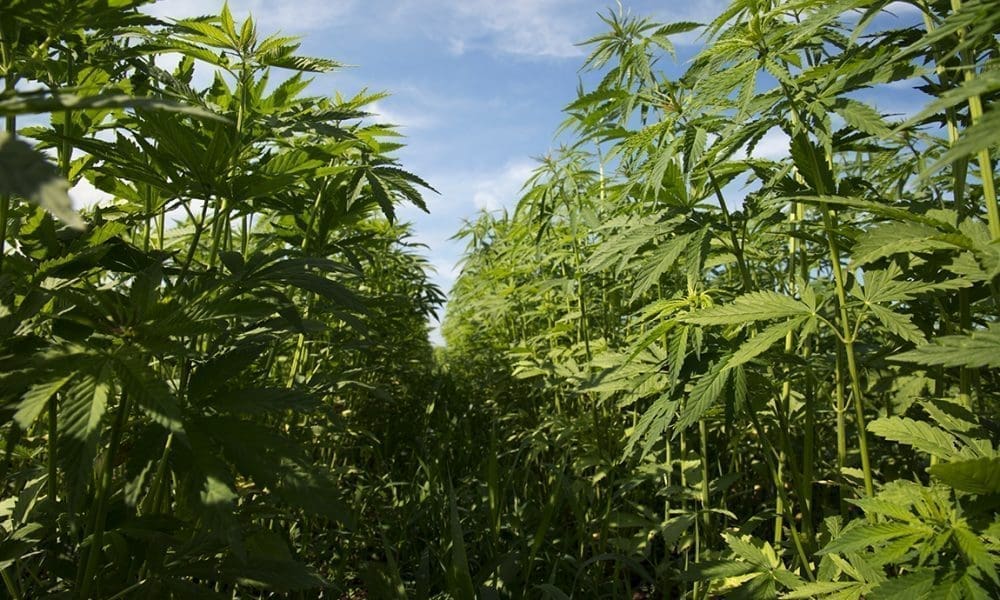Sweatloaf
Well-known member

Kamala Harris Puts Marijuana Legalization On Presidential ‘To-Do List’ Alongside Border Security, Reproductive Rights And More
Legalizing marijuana is one of the top items on Vice President Kamala Harris’s “to-do list” if she wins the presidential election next month, the Democratic nominee says. On Thursday, Harris shared a list of 14 priorities on X, placing cannabis reform alongside other major initiatives such as...www.marijuanamoment.net
Do you know if that means she supports moving it to Schedule III or is she supposedly saying that she supports descheduling all together?



